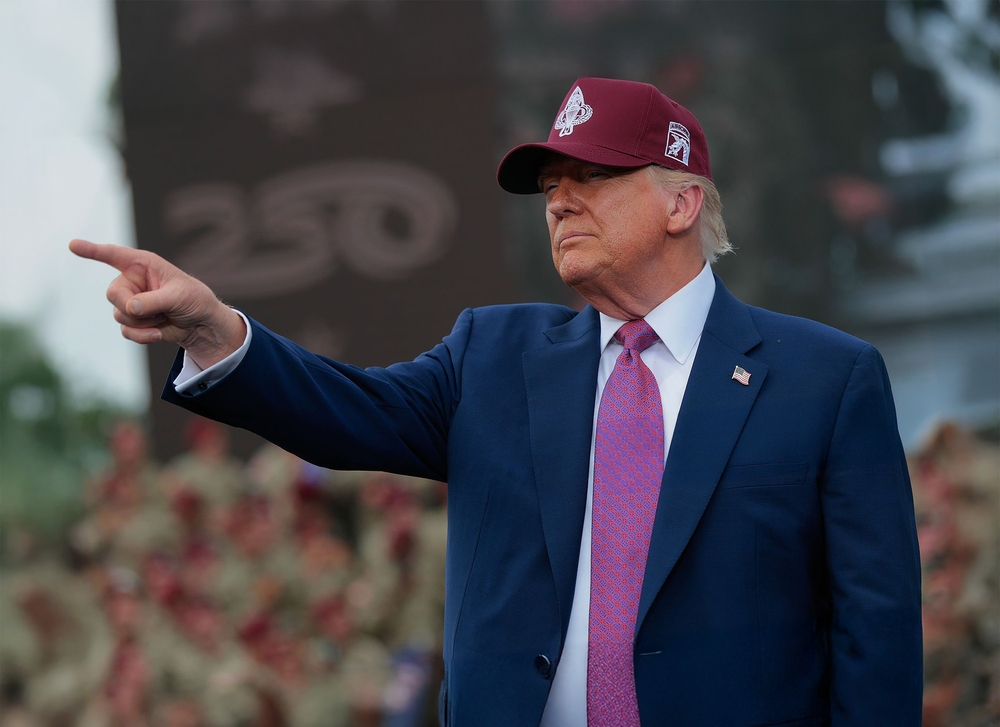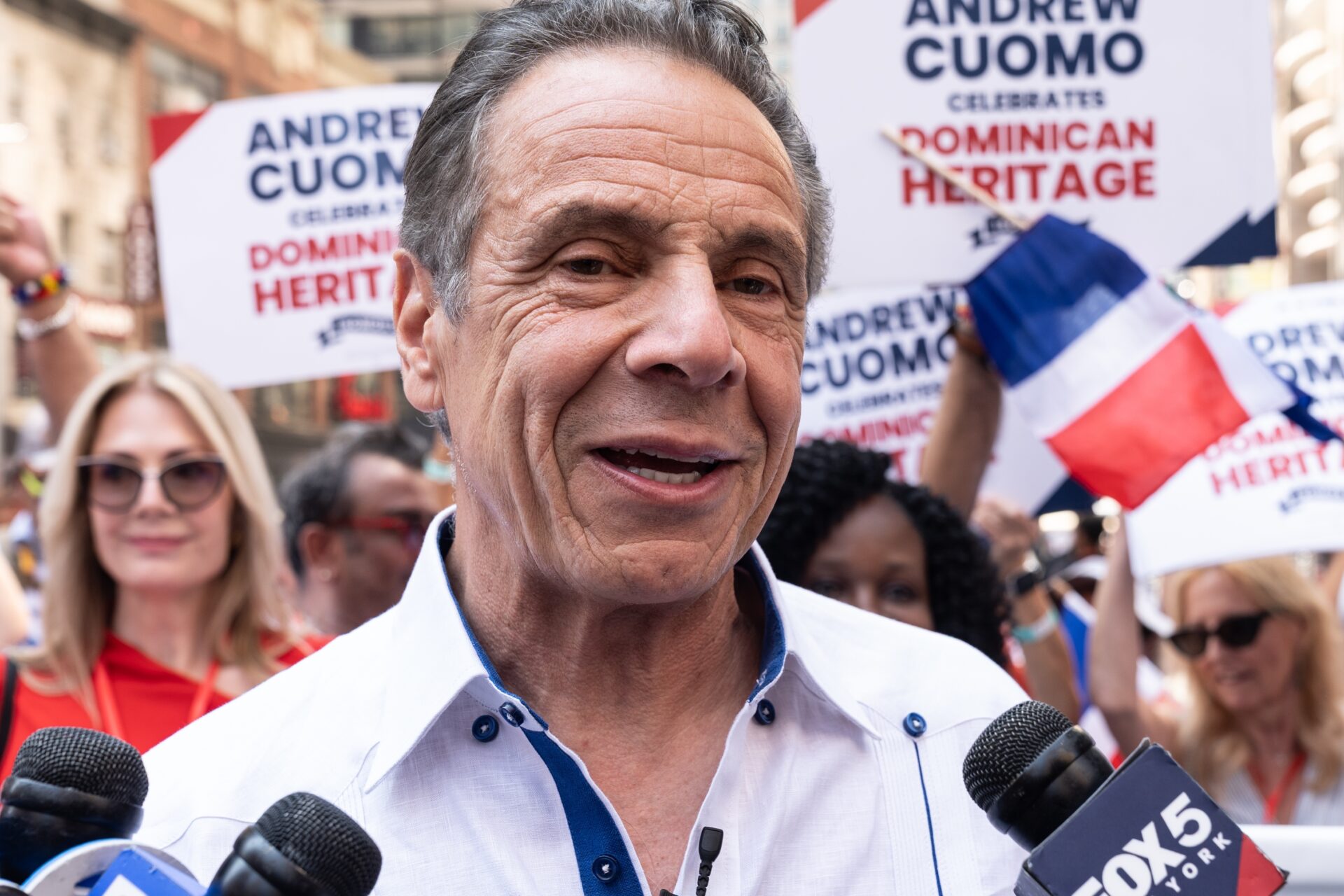
Senate Vote Shields Trump’s Military Authority
A Senate vote shielding Trump’s military authority to strike narco-terrorists in the Caribbean has sparked heated debate over war powers.
Story Highlights
- Trump’s military strikes against drug cartels in the Caribbean continue unchecked by Congress.
- The Senate’s decision reaffirms presidential war powers, raising constitutional questions.
- Concerns arise over lack of congressional oversight and potential international law implications.
- Bipartisan unease among some Republicans and Democrats over the legality and efficacy of the strikes.
Senate Decision on Trump’s Military Authority
On October 8, 2025, the Senate narrowly voted 51-48 against a resolution that sought to limit President Trump’s authority to conduct military strikes against drug traffickers in the Caribbean. This decision marks a pivotal point in the debate over presidential war powers, as it allows Trump to continue his controversial military campaign without needing congressional approval. The administration claims these actions are necessary to combat “narco-terrorists” threatening American security.
The resolution, led by Senators Adam Schiff and Tim Kaine, was intended to invoke the War Powers Resolution of 1973, requiring the president to seek congressional authorization for military actions exceeding 60 days. Proponents argued that the strikes violate constitutional checks on executive power, while supporters of the strikes assert they are legitimate acts of self-defense. The vote largely followed party lines, with only two Republicans breaking ranks to support the measure.
US Senate REJECTS advancing a measure to stop President Trump and Pete Hegseth from unilaterally striking narco-terrorist boats coming through the Caribbean to poison and kill Americans, 48-51
FETTERMAN (D) votes NAY.
Republicans RAND PAUL and LISA MURKOWSKI voted yea. 🤦🏼♀️🤦🏼♀️🤦🏼♀️ pic.twitter.com/ODBSWbjixK
— 🌹🦋🇺🇸Michele🇺🇸🦋🌹 (@MAJMO50) October 9, 2025
Implications for U.S. War Powers and International Law
The failure to pass the resolution effectively broadens the scope of presidential authority, allowing the executive branch to unilaterally engage in military actions against non-state actors like drug cartels. The administration’s stance categorizes drug traffickers as “armed combatants,” which expands the traditional interpretation of the Authorization for Use of Military Force.
Internationally, these actions blur the lines between law enforcement and military operations. Traditionally, international law differentiates between criminal activities handled by law enforcement and military actions against combatants. The U.S.’s current approach may set a precedent for other nations to justify using military force against criminal organizations, potentially leading to conflicts in international waters or foreign territories.
Bipartisan Concerns and Future Outlook
Despite the partisan divide, some Republicans have expressed reservations about the legality and strategic implications of the strikes. Senators Rand Paul and Lisa Murkowski supported the resolution, highlighting concerns over due process and the lack of congressional oversight. Senator Todd Young, although voting against the resolution, called for further discussions and hearings to address these issues.
The continuation of these military operations without clear success metrics or termination criteria suggests an ongoing commitment of resources, potentially impacting other strategic priorities like countering China’s military presence. The open-ended nature of the campaign risks escalating into broader conflicts, particularly given the geopolitical sensitivities of the Caribbean region.
Watch the report: US Senate Blocks Ending Trump’s Military Action as Venezuela Calls for “Readiness”|Firstpost America
Sources:
Senate Republicans Vote Down Legislation to Check Trump’s War Powers
Trump Caribbean Boat Strikes: Republicans Senate Democrats Vote


